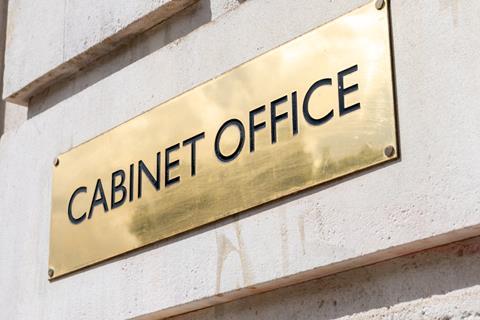Contract awards accompanied by incomplete data on how jobs were procured
The government is unable to demonstrate value for money across billions of taxpayer pounds of public procurement, a groups of MPs has said.
The government spent £259bn procuring goods and services in 2021-22 but a Public Accounts Committee (PAC) report published today finds that it is unable to demonstrate that it is achieving value for money in public procurement, due to significant issues with the quality and completeness of data on contracts.
Public bodies are required to publish large amounts of data on prospective and awarded contracts.

But the PAC said a “significant minority” of contracts are riddled with incomplete, tardily published or inconsistent information.
As a result, the PAC wants the Cabinet Office to set out clear directions and guidance for contracting authorities.
It said that of 235 large contracts recorded on Find a Tender between January 2021 and January 2023, 20% of contracts using open competition received only one bid.
Around a third of the total contract value of more than £100bn awarded by major departments during 2021-22 were not subject to competition, though estimates suggest government could achieve savings of up to £7.7bn per year through increased competition.
The PAC added: “[Our] inquiry also found no evidence that government is consistently using its purchasing power to create new businesses, new jobs, and new skills, to tackle climate change and reduce waste, and to improve supplier diversity, innovation, and resilience.”
PAC chair Meg Hillier said: “The government’s purchase of goods and services is equivalent to the cost of building multiple HS2 rail lines every year.
“It is therefore clear that public procurement is deserving of the most thorough oversight to ensure value for taxpayers’ money. The Cabinet Office needs to act swiftly to dispel any continuing lack of transparency around publicly funded contracts, so that taxpayers are able to see clearly how their money is being spent and not find this hard to discover.”

























No comments yet